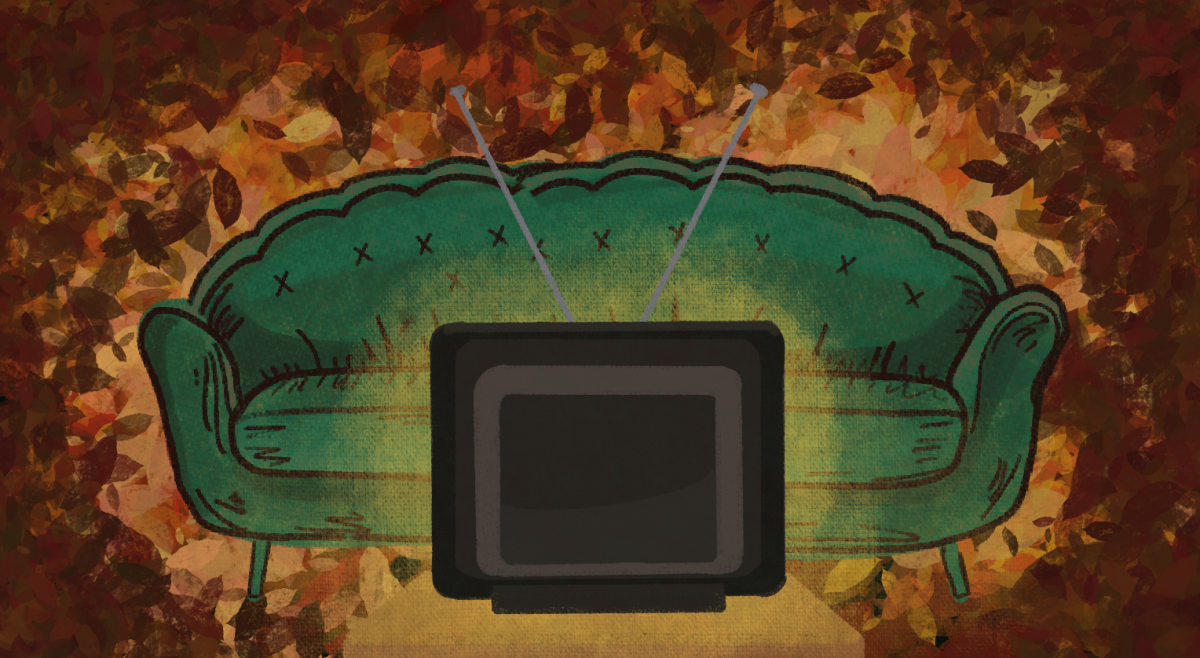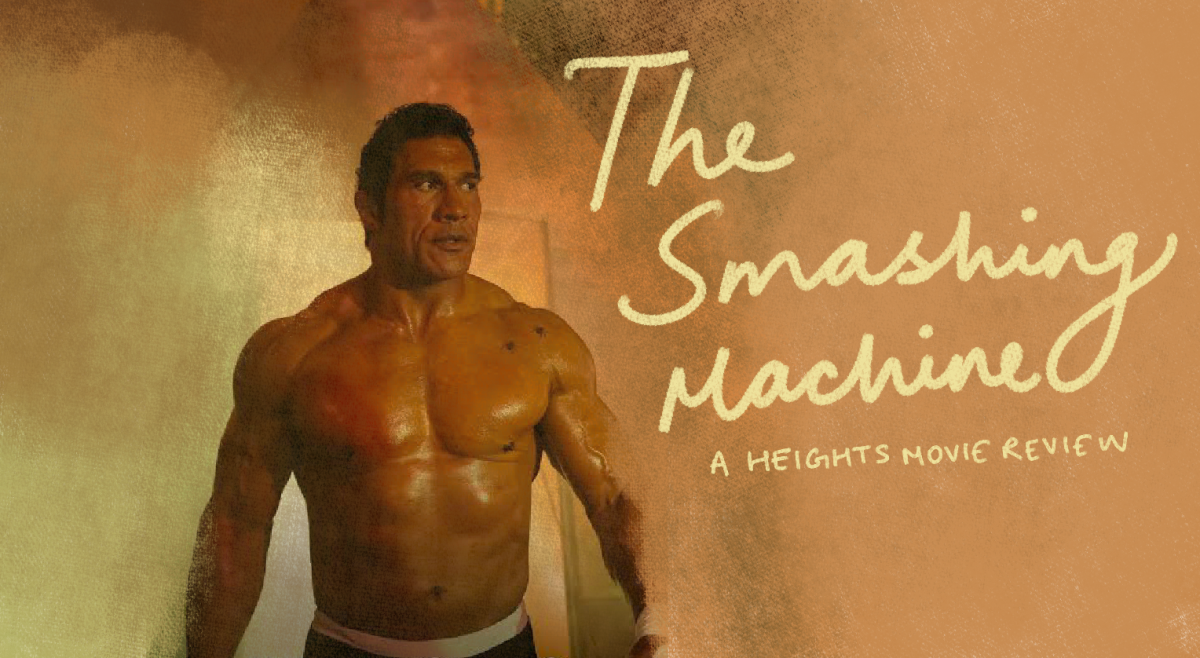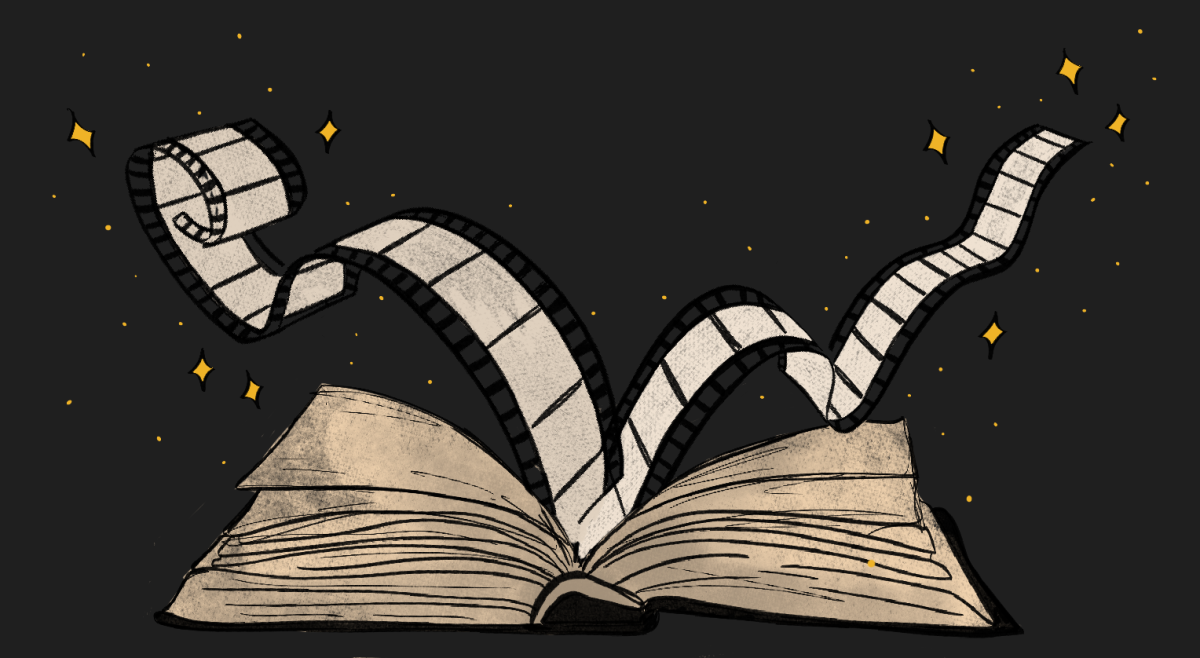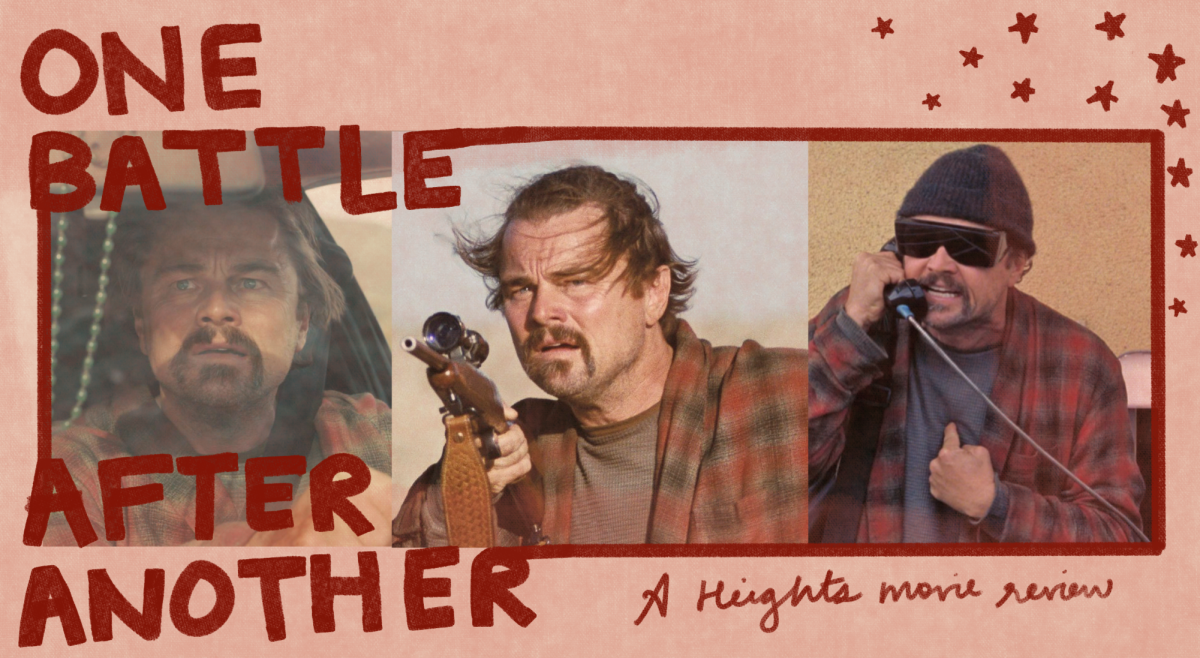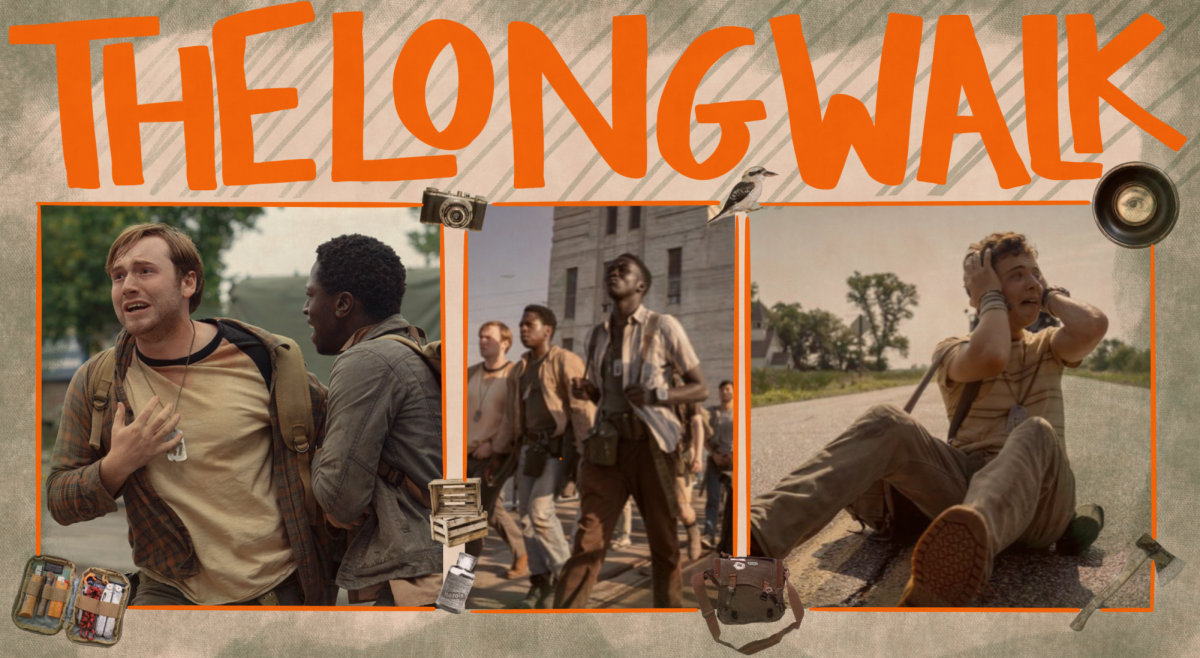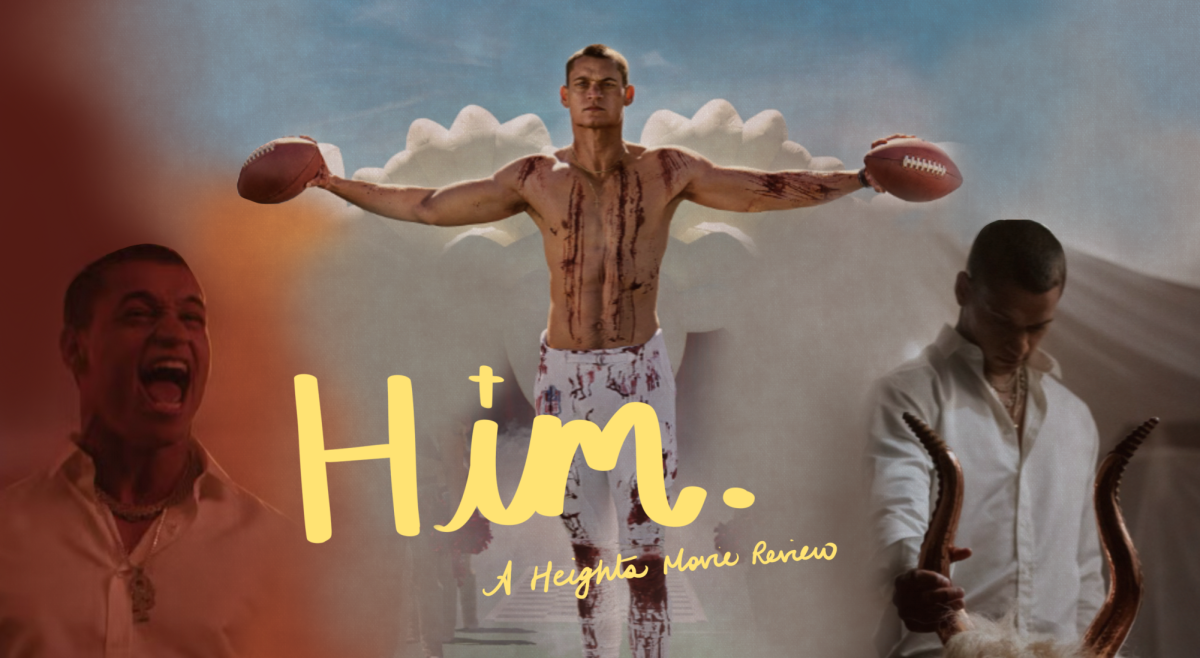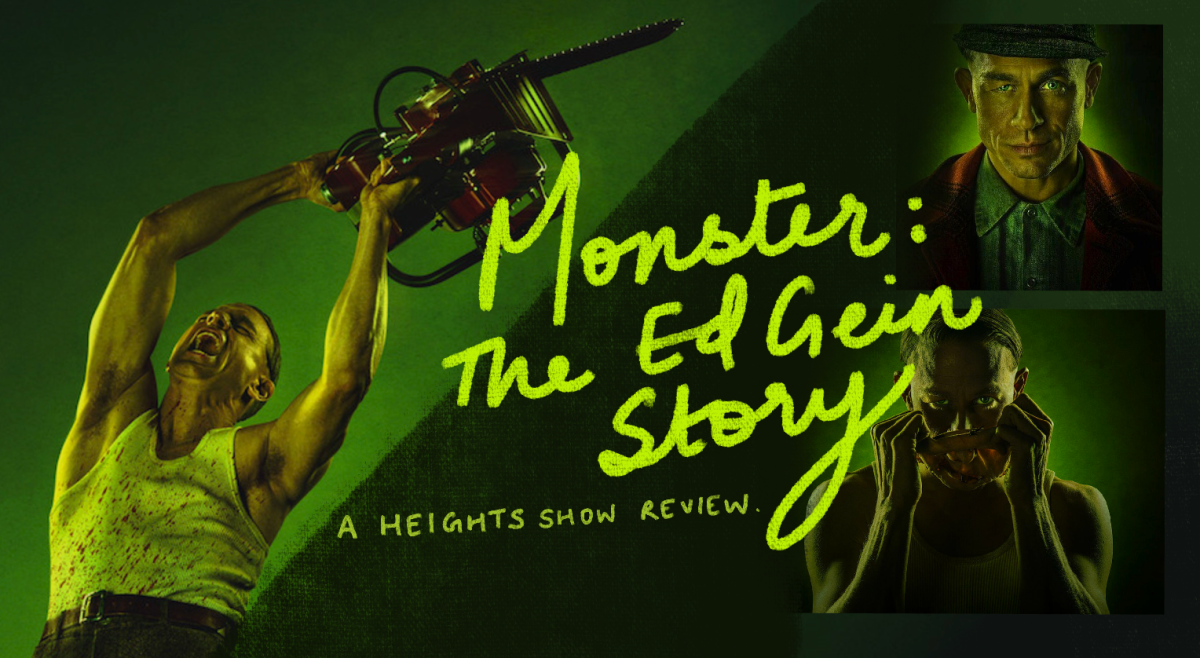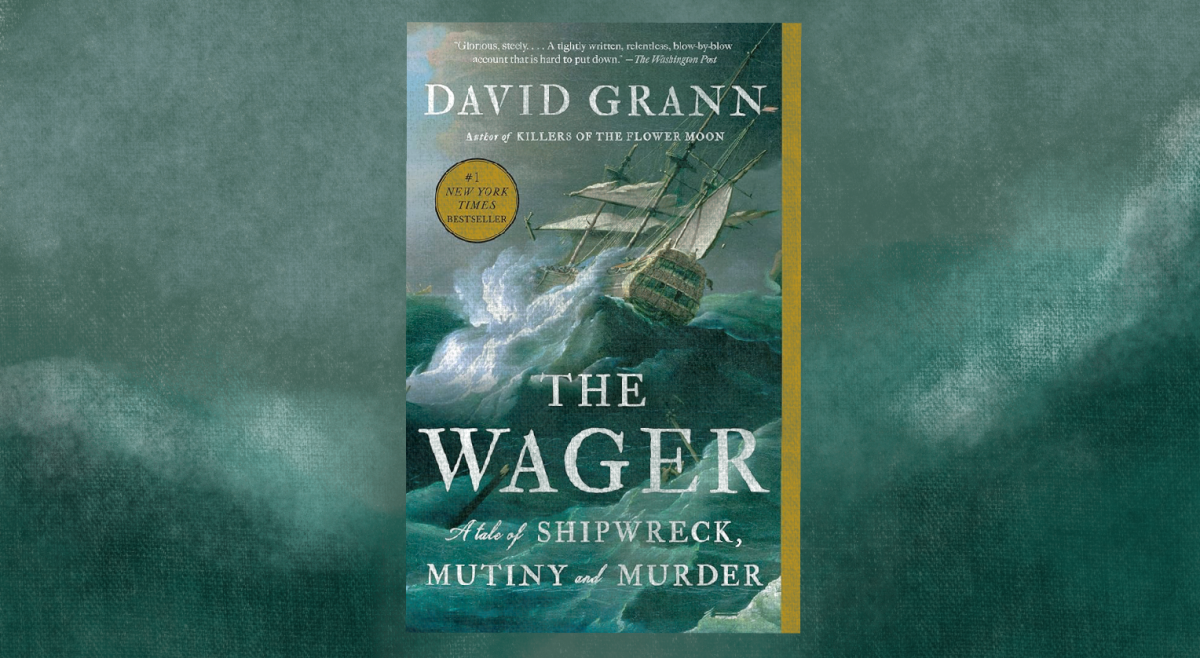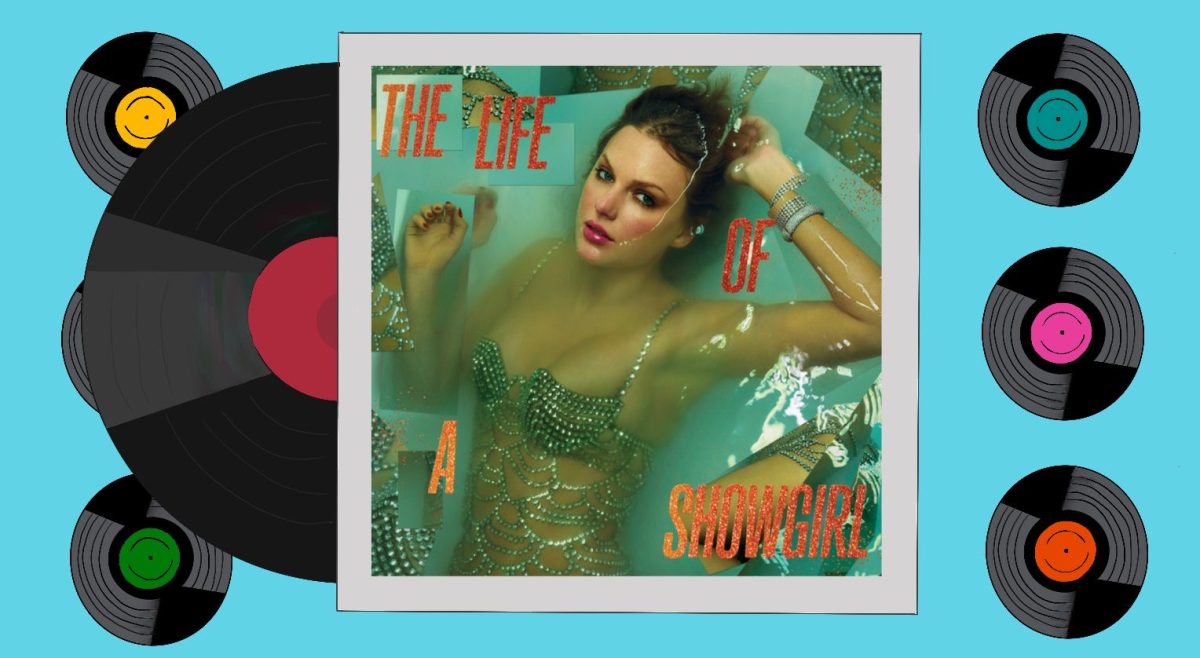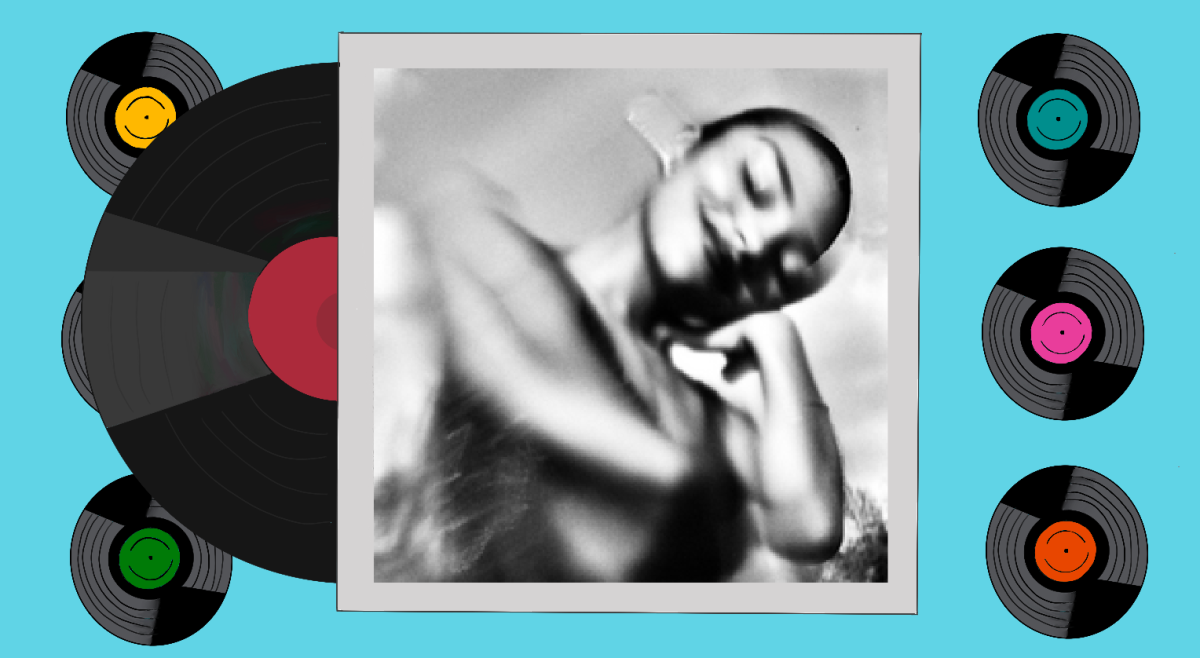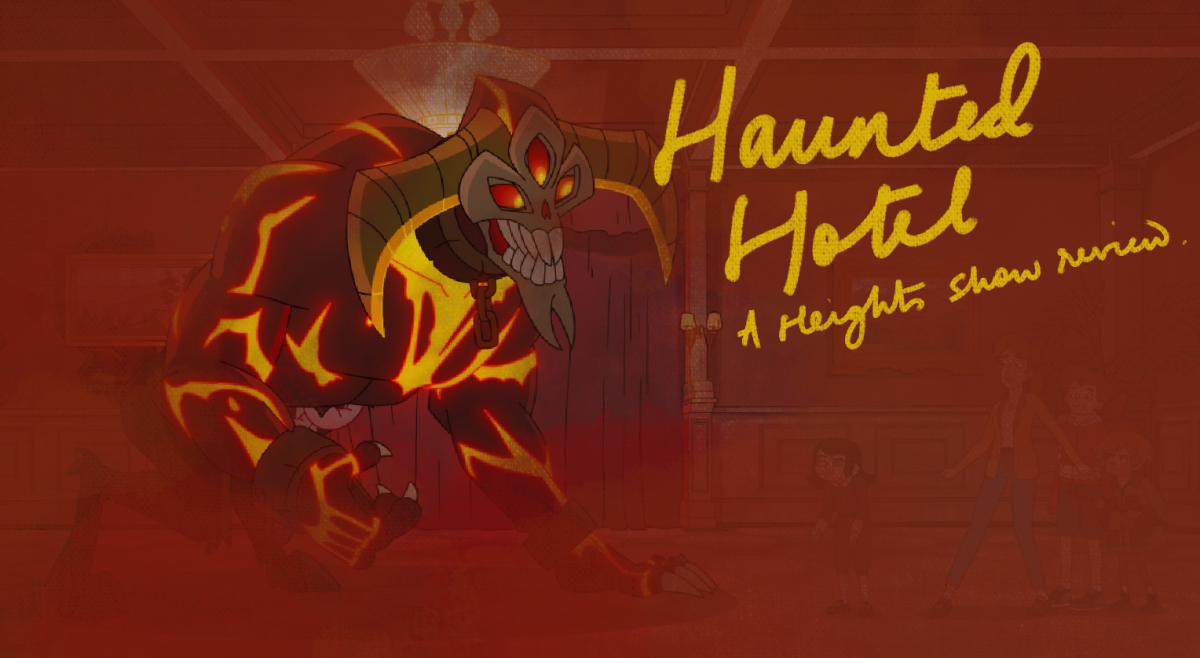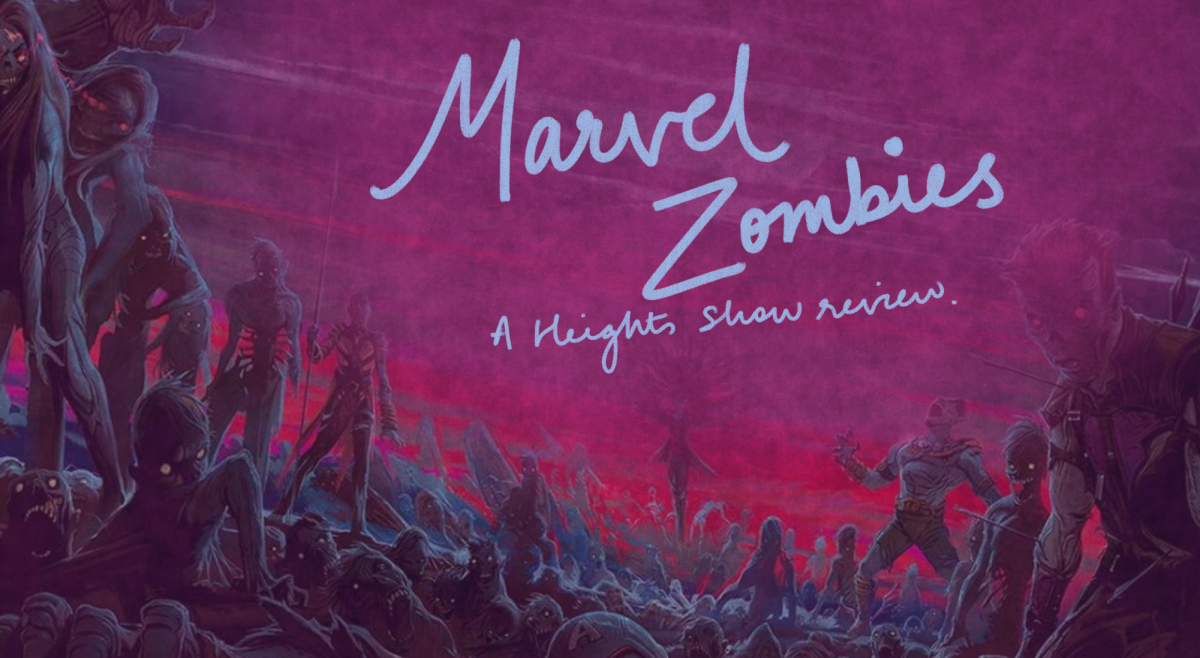
Red Sparrow is an adaptation of the 2013 novel of the same name by Jason Matthews, and is the seventh film directed by Francis Lawrence, who also directed The Hunger Games trilogy, Water for Elephants, and I am Legend, all of which were novels before being adapted for cinema. It stars Jennifer Lawrence, who is quite familiar with Francis Lawrence (although despite sharing last names they are not related) from their time together working on The Hunger Games movie series. Unfortunately for the Lawrence duo, just like in their other three projects, their passable performances as star and director were unable to save Red Sparrow from the awful script they were tasked with bringing to life.
This film is about a young Russian dancer named Dominika Egorova (Jennifer Lawrence) who is thrust into the world of Russian Intelligence by her uncle, Vanya. She is put through rigorous training and becomes a Sparrow, which is a Russian agent who uses the power of seduction as a means of gaining trust and getting information from persons of interest. This premise is actually quite interesting, but the way it was presented in the script is its first downfall. There is no consistency with the pacing of Red Sparrow, as the first act of the film flies by. This poor pace is due to rushed editing and no setup whatsoever. Before the audience can comprehend anything that has occurred, Egorova is already a spy and is thrown into her first assignment.
More irritating than the pacing is the way Egorova’s character develops. At the beginning of the film, she is an elegant dancer who is injured in a freak accident during a performance. But, about five screen-time minutes after her injury, she has already violently attacked two people in a public place and lied about it to the police. There is no precedent for or indication about this behavior, and it is completely off-putting. From this point forward, Egorova is described as having “incredible potential” in the intelligence business by her uncle on no established grounds whatsoever. The movie spends the first three-quarters of its runtime explaining to the audience that Egorova is deceptive rather than showing it, and it becomes ham-fisted and repetitive really fast. In fact, there are maybe only one or two instances throughout the film before the climax that actually showcase any sort of exceptional deceptive talent that Egorova might have, and even those are brief and far from telling about her character. She spends the entire film being bad at her job, and it is difficult for the audience to understand why she has even been given her assignment in the first place.
While Francis Lawrence does a great job with the shot composition of this film, there were quite a few scenes he was required to shoot that were less than comfortable to view. Red Sparrow is filled to the brim with sexual violence, with two instances of rape and a few entirely unnecessary shots of minor characters’ phallic areas. While this is of course not off limits in cinema by any means, it feels like meaningless torture porn rather than an important detail that drives the plot in any way. On the other hand, the physical violence is incredibly well shot and choreographed, with realistic practical effects for knife fights and torture scenes. But, while those actual torture scenes, which only occur on a handful of occasions throughout the film, are agonizing and well done, the sexual violence is an unnecessary addition that adds very little to the story.
There are some other positive things about Red Sparrow though. Francis Lawrence’s shot-direction is generally better than the script deserves, but the film does look gorgeous. Jennifer Lawrence was great, managing to convincingly show emotions even as a character who is trained to be emotionless. Joel Edgerton is fantastic, as always, in his supporting role, and the rest of the supporting cast does a great job. The twists at the end of the film are actually quite satisfying, but the credit for these goes to Jason Matthew, the author of the original book, instead of the screenwriter. Other than those few things, however, there is very little to enjoy about this film.
There were a few small issues that added to the unwieldiness of the script. There were a few occasions early in the film where certain lines were dubbed into the shot, and they were done horribly. The score is boring and repetitive, and while a redundant score can sometimes be a good thing (see Inception), the recurring sound is not satisfying enough to always be pleasant listening. The editing is far too inconsistent throughout the film—some scenes are edited to last no longer than 10 seconds and others are relatively unedited, lasting five minutes too long. Because of this, the already-too-lengthy runtime of 139 minutes feels even longer.
Featured Image by 20th Century Fox




